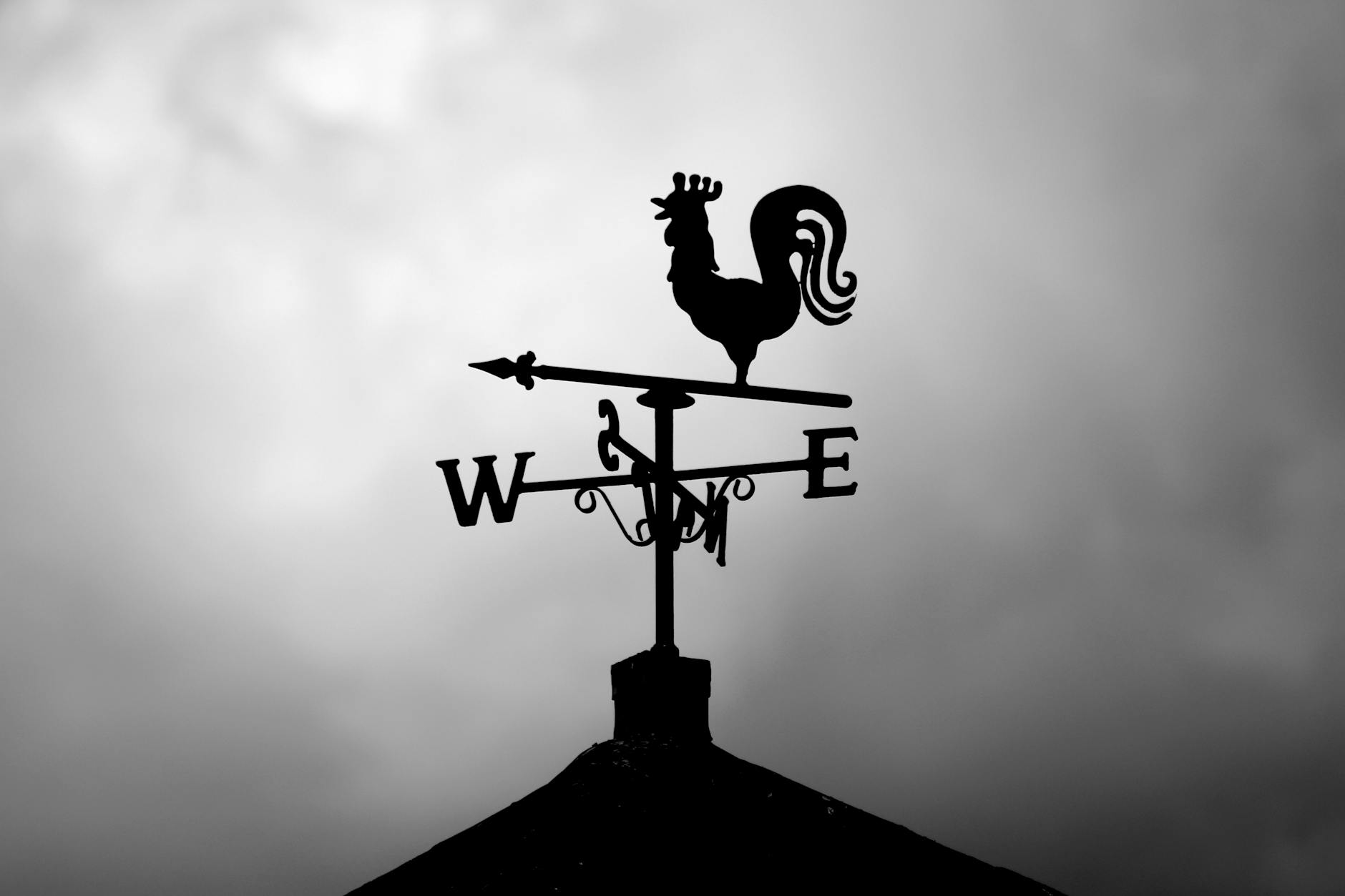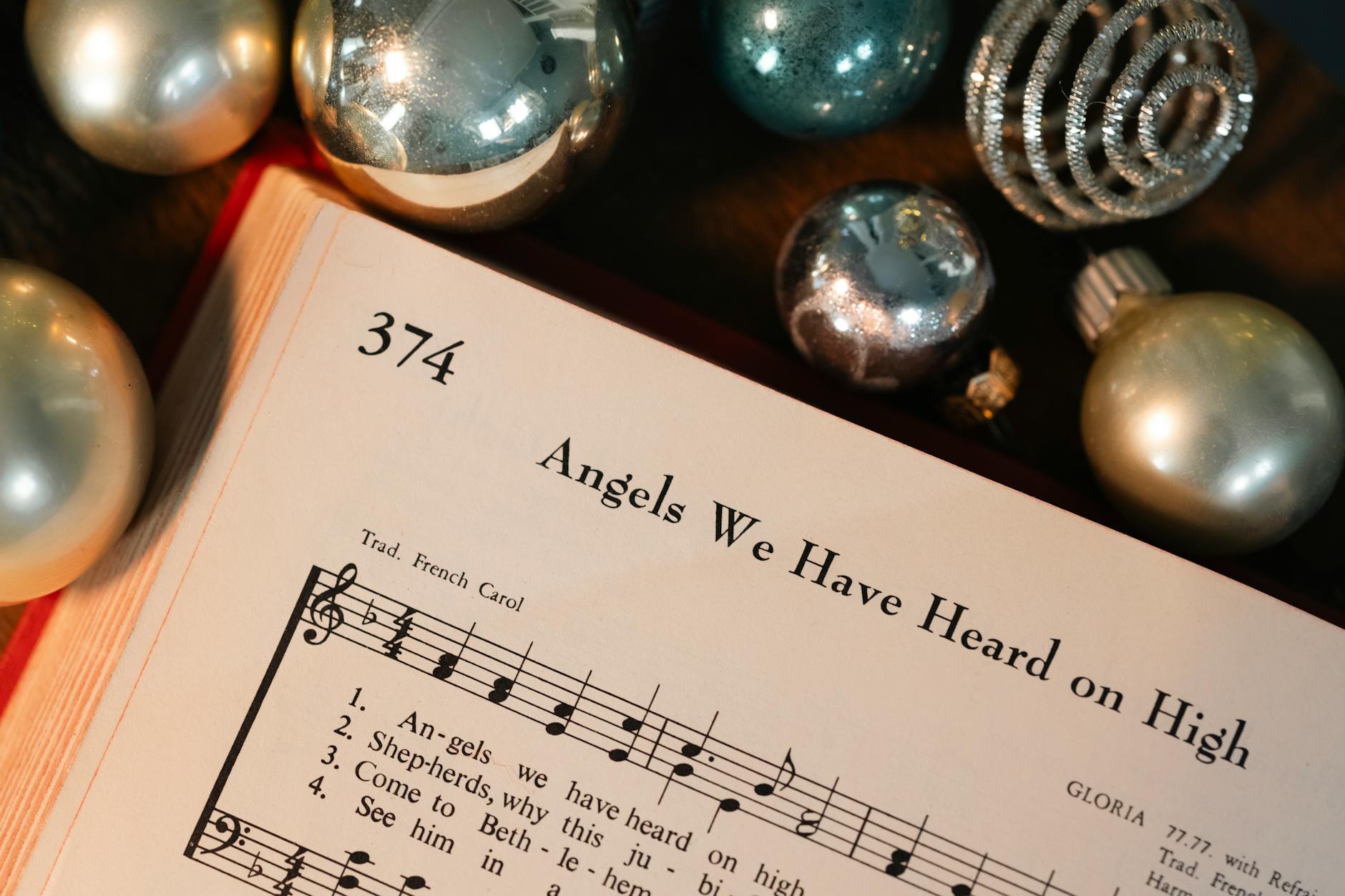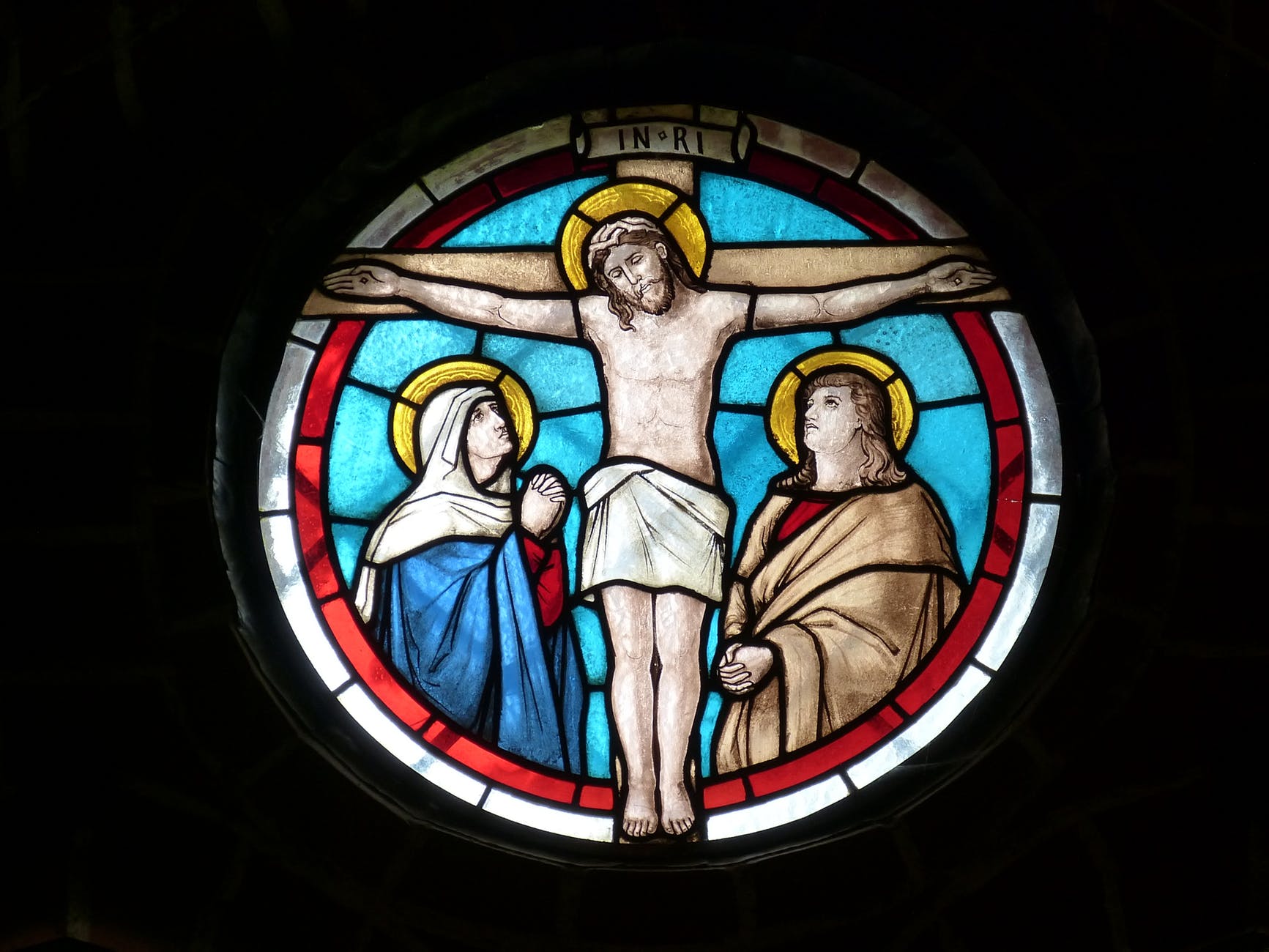
In my last post, I discussed what it means (or doesn’t mean) when the Bible says that “God remembered…” God is not forgetful. He is omniscient, meaning that He knows everything, all the time. When God “remembers,” the Bible is usually talking about God’s timing. God “remembers” His promises– meaning that the time has come for God’s promises to be fulfilled. The reminder isn’t for God– it is for US. We need to trust that God will fulfill ALL of His promises in His time, not ours.
So what does it mean when God says, “ “For I will forgive their wickedness and will remember their sins no more.” Hebrews 8:12? Or “And no longer shall each one teach his neighbor and each his brother, saying, ‘Know the Lord,’ for they shall all know me, from the least of them to the greatest, declares the Lord. For I will forgive their iniquity, and I will remember their sin no more.” Jeremiah 31:34 ? (emphasis added)
How can a God who knows everything and remembers everything say that He will NOT remember? Once again, God does not forget. But He does choose what He will call to mind– what He will hold against us, or what He will hold in our favor. And, just as God remembers His promises, He promises to “forget” our sins and remove them “as far as the east is from the west” Psalm 103:12.

God’s perfect justice demands that He should remember every wrong, every injustice, every sin–and punish them. God will never leave one of His precious children as an eternal victim. Every martyr, every victim of theft, abuse, betrayal, slander, and injury will someday be vindicated, healed, and made whole. But God can, more perfectly than any human being, remember and correct the injustice without attaching all of the punishment to guilty party. Instead, He sees the Blood of Christ as the complete and entire payment for our sins! God has promised that the Blood of Christ has fully atoned for Sin. Our response of Faith allows us to claim that promise and move forward in New Life. Not just Eternal Life, but newness and abundance of Life today. Just as God can “remember (our) sins no more,” so we too can turn away from them.

There is great comfort in remembering that God always remembers His promises. There is also great comfort in knowing that God will NOT remember all of our failures and rebellious thoughts and actions. His forgiveness is not conditional on our level of guilt or our attempt to make atonement. It is complete, even to the point of wiping clear the very memory of our past sins! And Christ’s finished work on the cross also guarantees that every hurt and injustice we have suffered will also be made right–in His perfect way and time.
But there is a further comfort– WE can rest in the promise that our guilt and shame can stay in the past. We do not have to continually ask for God’s forgiveness for the sins we committed years ago, nor do we have to continually live in the guilt of knowing we have fallen short of the Glory of God. We do not have to live as constant victims of someone else’s sin. We do not have to rehearse our failures, justify our scars, or live as second-class Christians, feeling that we are not “as good” as others, since we are all saved by Faith, and not by our own works of goodness (see Ephesians 2:8-9).

Being a Christian is not a matter of what we’ve done (or what has been done to us) in the past. It is walking a new road, following Christ’s example and resting in His assurances. It is allowing the Holy Spirit to guide us on the road ahead, not letting our accuser (Satan) drag us back to our former paths. We will still remember our old actions, the pain of what we have suffered, the pain we have caused others. But we need not live in those memories. We can be ecstatically grateful for God’s promise to “remember (our) sins no more!”





















































